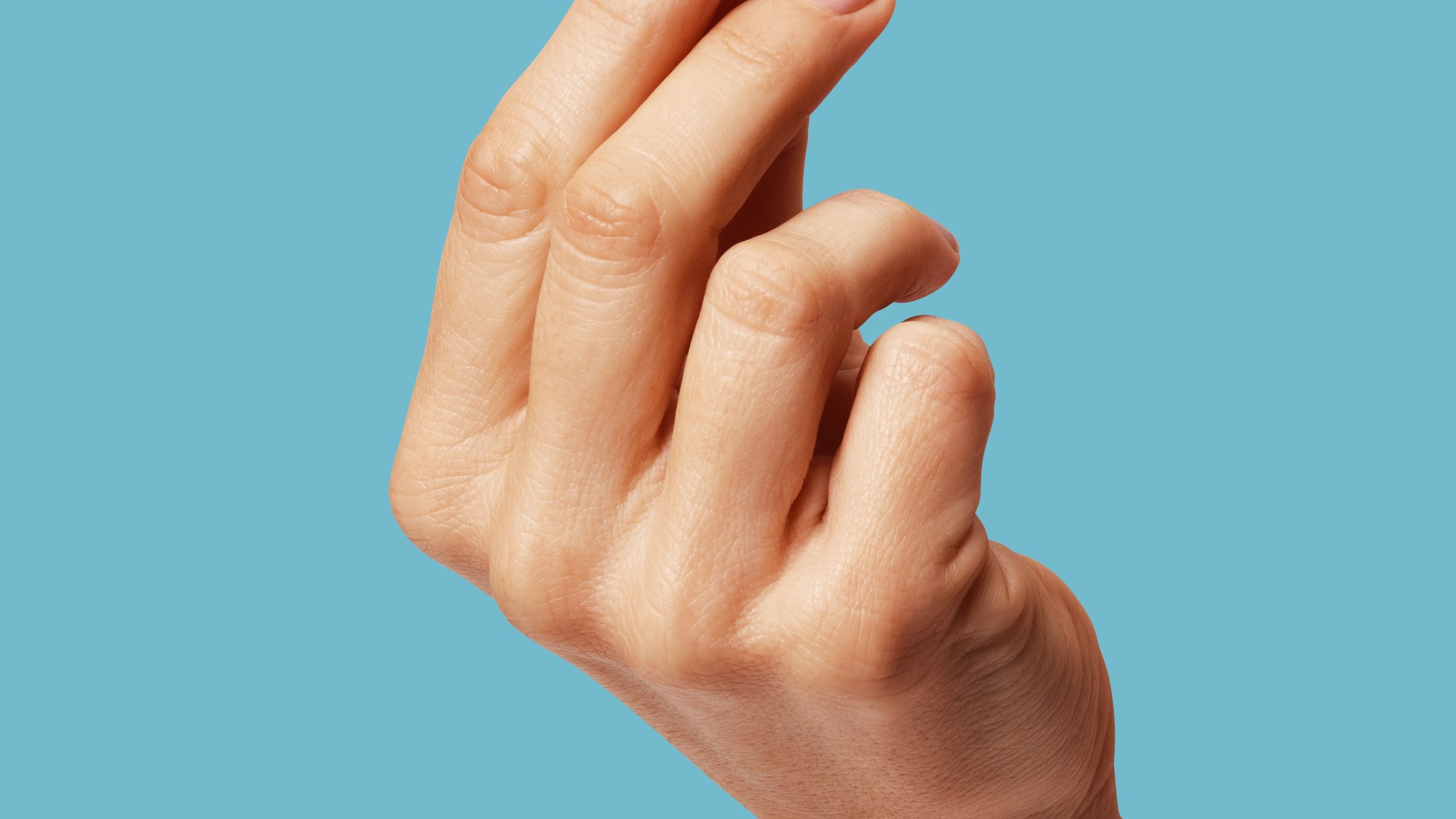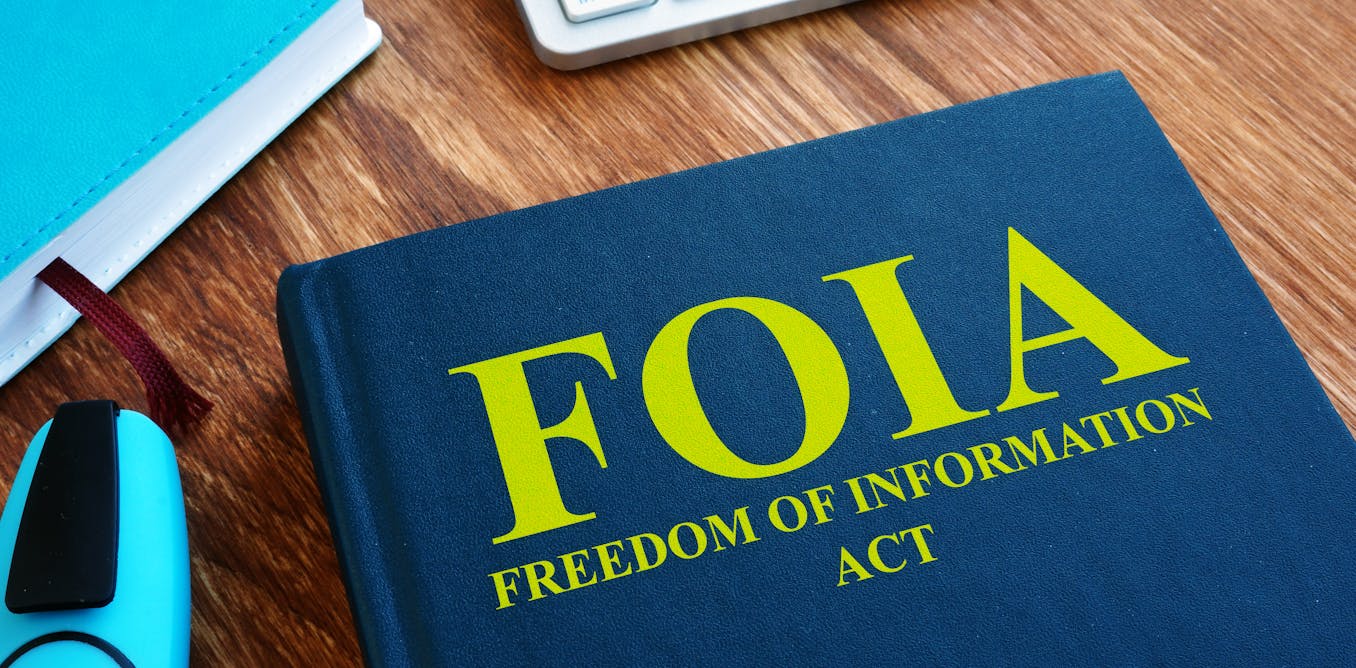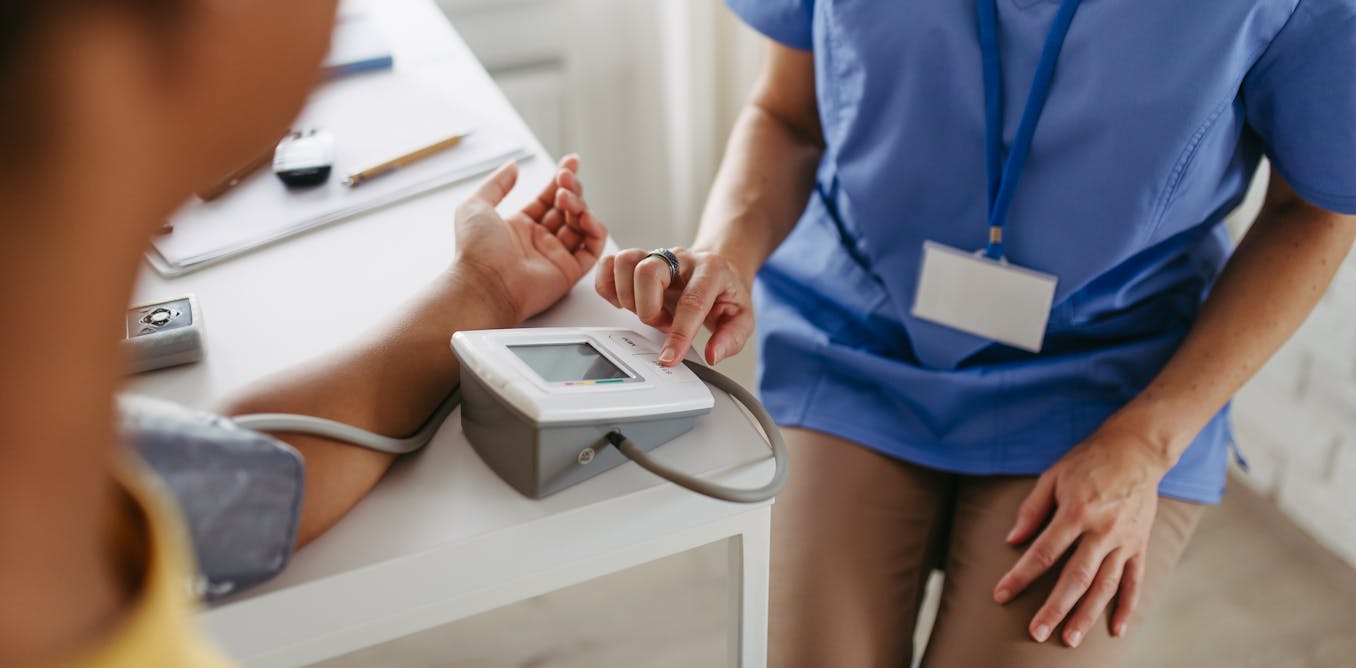EVER woken up deeply regretting all those drinks from the night before? Well, there might be a medicine for that.
The pill – that’s already being hailed as the “Ozempic for drinking” – works by helping people cut down their boozing.
4

4
Naltrexone, as it’s officially called, rewires the brain by blocking those well-known feelings of euphoria associated with getting drunk, Prof Simon Coulton, from the Unversity of Kent, explains.
“This in turn reduces the amount of craving someone dependent on alcohol experiences.
“Which over time causes a person to stop associating alcohol use with pleasure and reduces their consumption,” he tells the Sun.
If taken before drinking alcohol, the pill can have a high success rate at getting people to drastically reduce how much alcohol they down as it helps fight cravings, studies have shown.
This is good news for the millions of Brits who binge drink, which is defined as more than four pints of beer in a sitting for men and more than three for women.
In 2022, around 60 per cent of adults in the UK reported binge drinking in the previous week, according to health surveys covering England, Wales, Scotland and Northern Ireland.
Some may view binge drinking as harmless because the habit is widespread, and often accepted as part and parcel of British culture.
But it is considered a major risk factor for alcohol-related illness, like cancer, injuries, and even death.
In a study, published in the American Journal of Psychiatry in 2023, a group of men who drank were given naltrexone, alongside therapy on how to reduce their alcohol use.
Half of the men received naltrexone and half received a placebo.
By the end of the 12-week trial, those given naltrexone reported bingeing less frequently and consuming less alcohol than those who had been given a placebo.
The most commonly reported side effect of naltrexone was nausea, although it was generally mild and resolved itself as people adjusted to taking the drug.
Writing in The Telegraph, journalist Annabel Fenwick Elliott opened up about her experience receiving a treatment programme that involved taking naltrexone to reduce her alcohol intake.
“When I discovered, first through research and then from experimenting with it myself, that this pill works, in such an astoundingly simple way – like ibuprofen for headaches – I was baffled as to why it isn’t common knowledge,” she wrote.
She compared it to the effects of Ozempic, the weight loss injection and diabetes medication that can halt a person’s appetite.
Can I get it on the NHS?

4
Naltrexone was first approved in 1984, but it is difficult for GPs to prescribe in the UK due to licensing issues and cost.
It is currently available on the NHS, but only to treat gambling addiction.
To treat alcohol dependence, naltrexone must be prescribed “off-label” by the NHS, which puts GPs at risk of penalties due to tight budgets.
However, according to Dr Simon, the “average GP” wouldn’t prescribe it.
“This is because they don’t see it as part of their role and binge drinking is often viewed as a behavioural issue rather than a clinical one,” he adds.
When it is prescribed, it is typically used as part of a broader treatment plan that includes counselling or therapy.
On top of this, medications for heavy drinking, like naltrexone, are typically only given in safe clinical settings, like hospitals, rather than in the community, Prof Simon adds.
This is because the drug is an “opiate antagonist”, which means it blocks opioids so if someone is taking painkillers with opioids, they might go into withdrawal if they also take naltrexone, he said.
Naltrexone, although can help reduce cravings, doesn’t prevent withdrawal symptoms, which can be dangerous, he adds.
People going through withdrawal often need to be monitored in a hospital setting.
Is it available privately?

4
Naltrexone is also available through private clinics as part of the Sinclair Method.
This approach involves taking the pill before drinking to gradually block the brain’s reward response to alcohol.
The idea is that the drinker keeps drinking while also taking naltrexone, as developed by Dr David Sinclair, who was an expert in alcohol addiction.
It’s also thought that taking naltrexone on an as-needed basis rather than as a daily dose might be better for some because it allows their dopamine levels to recover in between uses.
The approach could also let people feel more in control of their treatment.
If you’re struggling with your alcohol intake you can contact your local GP for help, use local support services or make use of the NHS Drink Free Days app to help control your drinking.
The harms of binge drinking
The NHS defines binge drinking as ‘drinking heavily over a short space of time’.
More than 8 units of alcohol in a single session for males, or more than 6 units in a single session for females is the technical definition, according to Drinkaware.
That’s equivalent to about four pints of normal-strength beer for a man or three pints for a woman.
When you binge drink, other than getting drunk, your heart rate and blood pressure will rise. It can cause irregular heartbeats, known as arrhythmias.
Alcohol increases stomach acid production – queue the nausea and potentially vomiting.
You’re also likely to experience impaired judgement, coordination, memory blackouts and poor decision-making.
This could lead to accidents, falls, drownings and other mistakes.
Long-term, binge drinking can cause acute liver damage and increase the risk of chronic liver diseases such as cirrhosis and liver cancer.
Cardiovascular problems include cardiomyopathy – which is when the heart loses the ability to pump blood efficiently – and an increased risk of stroke.
Over time, binge drinking can contribute to permanent brain damage. This may present as a mental health condition, such as anxiety or depression.
Binge drinking can also lead to alcohol dependence, or “addiction”.




